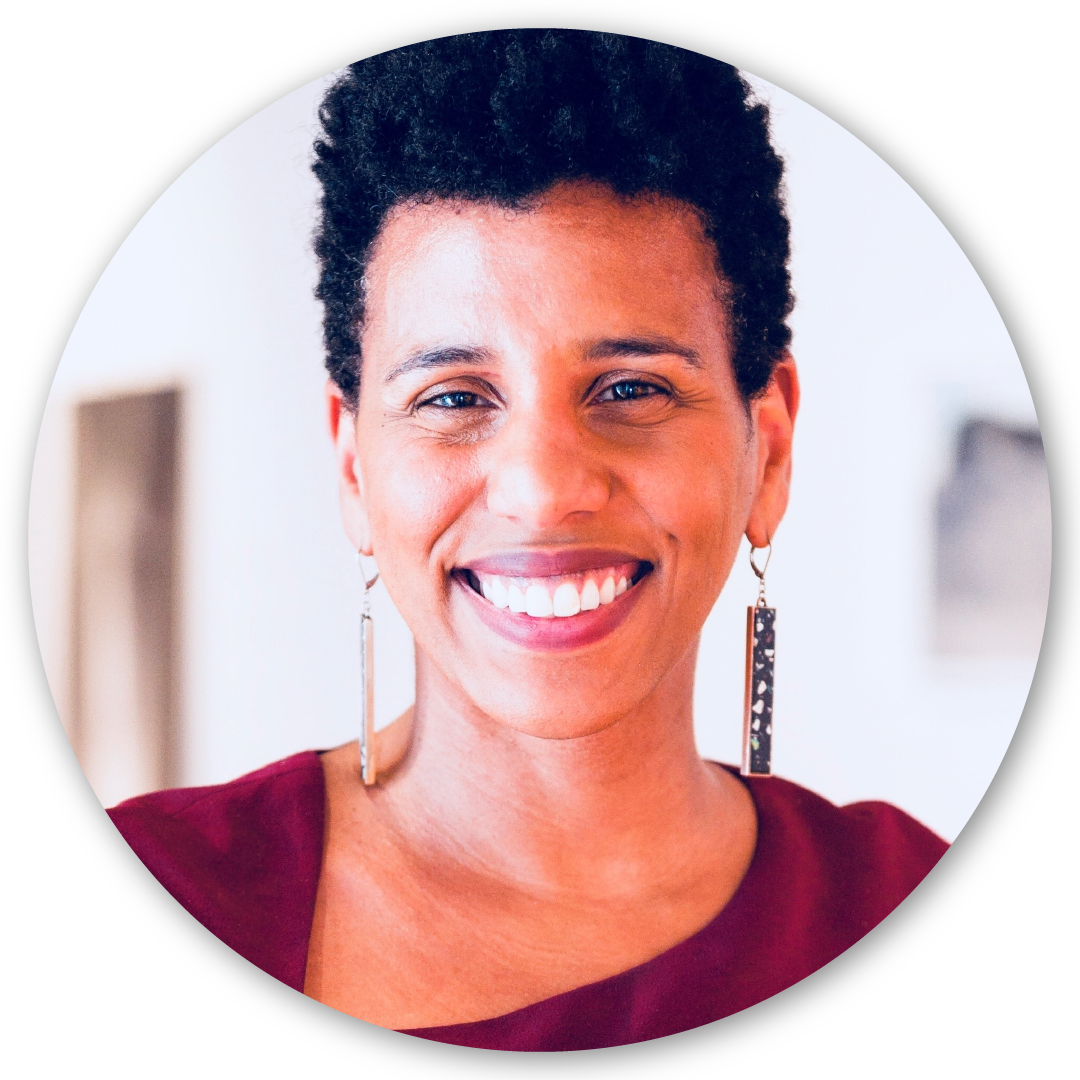- Case Studies
Supporting Healing and Recovery via Culture in Chicago
- Posted Oct 24, 2024
4-minute read
Agency: Department of Cultural Affairs and Special Events – Chicago, IL
Funded Program: Chicago Arts Recovery Program (CARP), Together We Heal Creative Place Program
Total SLFRF Funding Allocated: CARP – $10,000,000; Together We Heal – $6,000,000

SLFRF-Funded Program Overview
DCASE dedicated its SLFRF funding to a new program entitled Chicago Arts Recovery Program (CARP). The goal of the CARP program was to support the recovery of Chicago’s arts and culture sector from the COVID-19 pandemic with project grants to support non-profit arts organizations, focused on projects with potential to impact the rebuilding and recovery of the city’s arts and culture sector at large. In addition, CARP supported project evaluation and peer learning to share results, best practice, and models to assist the field.
CARP supported five primary areas for organizations: (1) marketing and audience development, (2) facility access and management, (3) technology, (4) workforce support, and (5) strategic and operational planning. Visit the CARP Website
Together We Heal Place-making Grants:
Additionally, DCASE leveraged SLFRF funds to create the Together We Heal Creative Place Program, which recognizes the importance of the arts in promoting health, healing, and safety for communities. The program positions artists, community leaders, and organizations to identify solutions to the challenges caused by racial, health, and economic inequities in their communities. Artists and community organizations created projects that activate public spaces; promote health and safety; encourage movement, dialogue, and connection; beautify communities; and celebrate local culture. Visit the Together We Heal Website; See City of Chicago COVID-19 Recovery Plan
Advocacy
Advocacy for the funds in general was led by community advocates and Arts Alliance Illinois with internal support from DCASE as part of the agency’s annual efforts to secure city funding for the sector. Additional funding for the sector was leveraged by working with other city agencies focused on public health and workforce development, which was a primary component of the Together We Heal Creative Place Program and the subsequent Chicago Arts and Health pilot that is currently underway.
Process
In planning for the use of SLFRF funds in Chicago, DCASE relied on knowledge gained through the administration of funds from the earlier CARES Act. CARES Act funds were more restricted in usage but had less regulation than the SLFRF program funds. The additional oversight required for distribution of SLFRF funds necessitated the use of a third-party consultant to assist the Office of Budget Management in ensuring compliance and managing reporting.
Equity
In addition to work to simplify the application process for CARP grants, while still collecting data needed to advocate for additional funds, SLFRF funds through the Together We Heal Creative Place Program were focused on areas throughout the city designated as Qualified Census Tracts, or Opportunity Zones, where the tract’s poverty rate is greater than 20% or where the median family income is less than 80% of the statewide median income. This definition covers 133 tracts throughout the city. See Map of Opportunity Zones
Moving Forward
As the city of Chicago moves forward beyond the SLFRF funding programs, DCASE aims to continue broad support to the arts and culture sector, leveraging advocacy relationships and continuing to build robust partnerships with other city agencies. DCASE partnered with SMU DataArts to release the Navigating Recovery: Arts and Culture Financial and Operating Trends report, using grant applicant data to assess Chicago arts organizations operations before and after the pandemic. Findings from this report indicated that arts organization continue to face lingering negative impacts from the pandemic, which positions the agency to continue to advocate for funds help these organizations with longer term recovery.
The City of Chicago Department of Cultural Affairs and Special Events (DCASE) supports artists and cultural organizations, invests in the creative economy, and expands access and participation in the arts throughout Chicago’s 77 neighborhoods. As a collaborative cultural presenter, arts funder, and advocate for creative workers, DCASE programs and events serve Chicagoans and visitors of all ages and backgrounds, including production of some of the city’s most iconic festivals, markets, events, and exhibitions at the Chicago Cultural Center, Millennium Park, and in communities across the city. The Department offers cultural grants and resources, manages public art, supports TV and film production and other creative industries, and permits special events throughout Chicago. Visit the DCASE Website
"Over the past three years, we've made unprecedented investments in arts and culture. In 2023, we made the largest investment in arts nonprofits in DCASE's history. These grant programs are part of a comprehensive strategy to ensure that Chicago remains an innovative and thriving cultural hub."
Erin Harkey, former DCASE Commissioner



